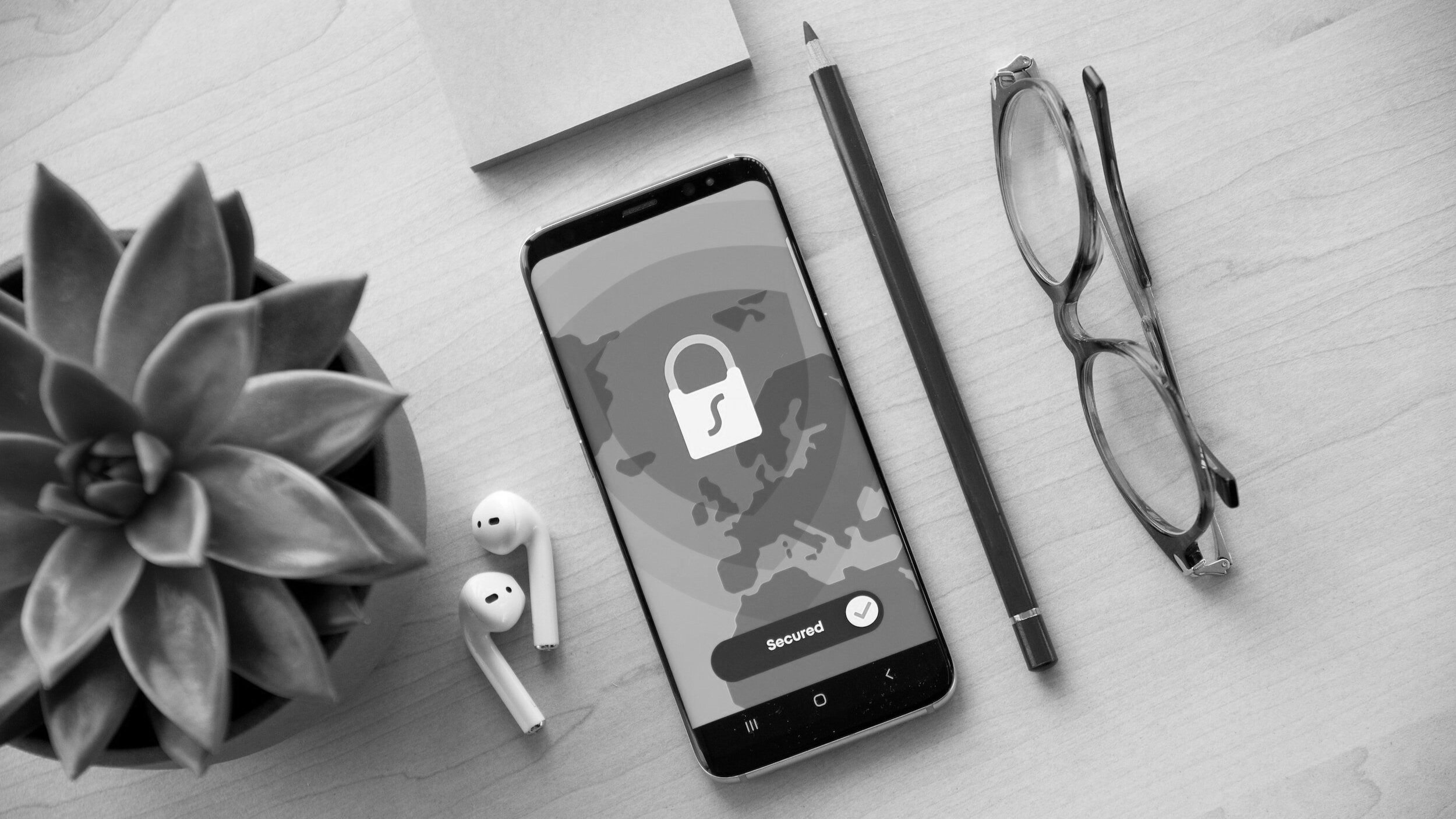How to share data securely with your virtual assistant: ensuring privacy and protection
Entrusting your Virtual Assistant (VA) with sensitive data is often a necessary part of working together. Whether it’s your own private logins or personal data collected from your clients, safeguarding your business and maintaining privacy should always be a top priority!
In this blog post, we'll discuss best practices for sharing sensitive data with your VA and the steps you can take to minimise potential data protection risks. Read on for all you need to know!
Establish clear communication
Open and transparent communication is essential for building trust and understanding between you and your VA. Before you begin working together, discuss the types of sensitive information they will be handling and your expectations regarding its handling and protection.
When hiring a VA, I highly recommend you always ask to see a copy of their Information Commissioner’s Office (ICO) Registration Certificate. This is a legal requirement when handling sensitive data and ensures your VA is aware of the importance of maintaining confidentiality at all times.
This is something I can personally assure you if you decide to work with me and my team! All of our VAs are guaranteed to be registered as data controllers with the ICO, giving you the peace of mind that your data is always in safe hands.
Use secure file-sharing tools
When sharing sensitive data with your VA, it's important to use secure file-sharing tools to protect the information during transmission. Some popular options include:
Google Drive: With encryption both in transit and at rest, Google Drive offers a secure way to share files. You can also set access permissions to control who can view or edit each document.
Dropbox: Dropbox provides encrypted file storage and sharing, as well as advanced access controls to ensure that only authorised users can access the data.
Tresorit: Tresorit is an end-to-end encrypted file storage and sharing service designed for maximum security and privacy.
Any good VA can further advise you on the secure file-sharing tools that will best suit your business's specific needs. Feel free to get in touch if you’d like one of our VAs to provide some 1:1 support.
Implement strong password management
Encourage your VA to use strong, unique passwords for each account and service they access. Using a password manager like LastPass or Dashlane can help keep track of these passwords and make it easier to securely share login credentials without compromising security.
While you can now have strong passwords automatically generated for you, you can also create your own. Some top tips for choosing a new password are:
Use at least 12 characters
Include numbers, symbols, and upper- and lower-case letters
Don’t use common letter substitutions (e.g., replacing an “o” with a “0”)
Stay away from personal information
Avoid using common words and phrases
Set up two-factor authentication (2FA)
Implementing two-factor authentication adds an extra layer of security when your VA logs in to your accounts. It requires them to enter a verification code in addition to their password, which is typically sent to their mobile device or generated by an authenticator app.
Although some accounts will automatically help you set up 2FA, others will require you to go into your settings. Don’t assume it’s not an option for your account simply because it is not advertised!
Establish clear data handling procedures
Work with your VA to develop clear procedures for handling sensitive data. This might include guidelines for storing files, backing up data, and disposing of information when it's no longer needed. Most VAs will have expert knowledge in this area from protecting their own clients’ data.
Establishing these practices will help ensure that your sensitive information is handled responsibly and securely!
It’s a good idea to vet a new VA before working with them to check they’re savvy about data protection and can follow your established guidelines. All of our VAs are thoroughly vetted before they’re added to our team, so you can be assured you’re getting the best support possible.
Sign a confidentiality agreement
Before sharing sensitive data with your VA, it's a good idea to have them sign a confidentiality or non-disclosure agreement. This legally binding document outlines their responsibility to protect your data and the consequences of failing to do so.
Our VAs already have a confidentiality clause included in their contract that will serve this purpose. However, they will also be happy to sign a separate NDA for your peace of mind if desired.
Regularly review and update security measures
As your working relationship with your VA evolves, it's essential to review and update security measures periodically. This includes updating passwords, reviewing file-sharing permissions, and discussing any new risks or concerns that may arise.
By following these practices, you can securely share sensitive data with your VA while protecting your business and maintaining privacy. Open communication, the use of secure file-sharing tools, and the establishment of strong agreements all contribute to creating a safe and successful working relationship.
If you’re looking to hire a trusted VA, why not get in touch? Our matchmaking service takes the stress out of researching and vetting a new VA. Simply tell us your business needs, and you’ll be matched with a highly qualified helping hand!
TLDR: When sharing sensitive data with your VA, you must do so securely. Best practices include clear communication and data handling procedures, using secure tools, implementing strong passwords and 2FA, signing confidentiality agreements, and reviewing security measures.


























